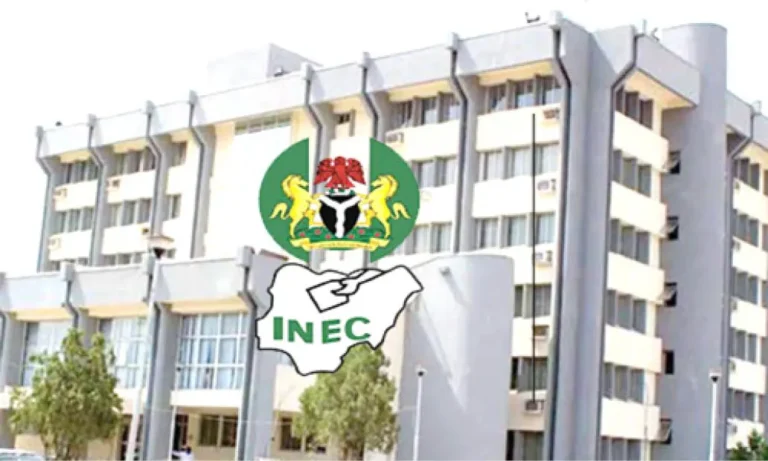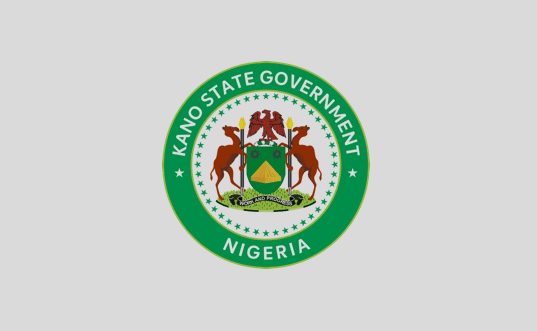
Two weeks after primary and secondary schools across the country resumed for the 2025/2026 academic session, most schools are still finding it difficult to fully implement the new curriculum introduced by the federal government, checks by Vanguard Learning have revealed.
The main area of deficiency is in making pupils and students to at least be proficient in one trade subject. The other areas are getting necessary textbooks and teachers for some subjects.
For primary schools, getting materials and teachers for basic digital literacy and pre-vocational studies is becoming a challenge, especially in public primary schools.
In secondary school, both at junior and senior secondary levels, students are expected to choose one trade subject from among the followings: Solar Photovoltaic installation and maintenance, Fashion design and garment making, Livestock farming, Beauty and cosmetology, Computer hardware and GSM repairs and Horticulture and crop production.
While some big private schools are able to cope with getting equipment for some trade subjects, such as fashion design and garment making, and livestock farming, most public schools are unable.
Trade subjects such as solar installation and maintenance, computer hardware and GSM repairs and Beauty and cosmetology are proving difficult to get facilities and subject teachers.
For instance, it is only in big towns and cities that what is called Computer Village in local parlance, where GSM repairs is done, that materials and teachers for GSM repairs are available.
While experts are of the view that there is need to review curricula at all levels, they also posited that it should be gradually implemented. They called for pilot schemes in some parts of the country to test run the implementation of the curriculum before scaling it up.
At a recent event organised by the Concerned Parents and Educators Network, CPE,with the theme: “Understanding the new curriculum”, the experts called for caution in the implementation of the new document.
In his presentation, Taiwo Akinwalemi, noted that the country is about 60 years behind in curriculum development, and that developing a new one that would be up to the demands of today’s world is necessary and welcome.
“The curriculum being used now is obsolete no doubt about that. However, introducing a new one and asking for its immediate implementation leaves a question to be asked. Is it an educational or political decision? This is because there are a lot of gap to fill. What about the infrastructure that are required and even the teachers that will handle some of the subjects.
“ For instance, we have over 20 million out-of-school children, are they being considered too? Is every stakeholder involved in the preparations? As far as I am concerned, we did not have enough stakeholders buy in. Private school owners, who are a critical group, were they carried along? He asked.
In her presentation, a school administrator, Rhoda Odigboh, said the reforms gave chance to slow down and go deep because the work load has been reduced.
She stated, “ Reforms are about implementation not adding or reducing the number of subjects. For instance now, we have a shortfall of 190,000 qualified teachers in public schools. Also, 60 percent of public school teachers are not computer literate. More than 30 percent of the nation’s population don’t have access to the Internet. The rate of Learning Poverty in the country is also high. How do we handle those issues?
“ We struggle with process in this country and that always affects the outcome. Are our teachers trained for this? How do we fill the gap?. To me, we should not be in a hurry to start implementing this. We can do pilot scheme and assess the situation and gradually scale it up. We have to measure the outcome to know what works. We must also be transparent in the implementation,” she noted.
In his view, Dr Salisu Yahaya, a former Director in the Department of Education Quality Assurance, FCT Education Department, said a curriculum that would work must be made interesting to whoever encounters it.
Yahaya pointed at the the need to implement Inclusive Education Policy and cater to children with disabilities. He also solicited for private school owners to generate input into the document.
Speaking on the way forward, Akinwalemi and Odigboh submitted that pilot scheme should be done first, as many areas need urgent attention. They listed those areas to include provision of textbooks, training of teachers, involvement of the private sector, and that the Nigerian Education Research and Development Council, NERDC, should explain how the document would be implemented.
Meanwhile, the Executive Secretary of NERDC, Prof. Salisu Shehu, has expressed optimism that the reforms would work and that they are in the best interest of the education sector in the country.
In a statement he endorsed, he also debunked some misinformation being peddled especially on social media about the document.
“Curriculum is fundamental to the delivery of learning contents, acquisition of knowledge, competencies, and values, as well as the attainment of positive outcomes, and national development. The current curriculum reform effort at the relevant education levels is part of the National Education Sector Renewal Initiatives (NESRI), and also in line with the requirements to review educational contents at designated intervals and when exigent.
The new revised curricula are needs driven, evidence based, and reflect best practices, global development, and local contexts and peculiarities.
“The new revised curricula are the outcome of robust critical stakeholders’ engagements, consultations, and participation at different stages and as such allowed significant views and factors to be addressed, and captured as essential contents, elements, and features of the curricula.”
The new revised curricula underwent technical and expertly worked out processes and strategies leveraging on competency and outcome based, and multidisciplinary curriculum approaches.
The focal content areas in the new revised curricula will enable acquisition of knowledge, skills and competencies including basic robotics, positive artificial intelligence, and digital technologies, as well as life, citizenship and sports skills. The acquisition of these focal and subject-based competences is strengthened by the incorporation of the 21st century skills (which are transversal) across all subjects and are to be acquired through the delivery process and learning engagements.
The new revised curricula will engender a productive workforce by creating opportunities for employability, industry, productivity and national development.
The new revised curricula will enable the production of patriotic citizens with sound moral, social, and national values and who are conscious of Nigerian history and heritage to foster peaceful coexistence. The new revised curricula seek to promote peaceful coexistence, religious tolerance and unity in diversity with clear intent of promoting functional citizenship for the good of all. Thus, no aspect of the new revised curricula has any derogatory or divisive elements against our collective interests, unique identities, and social norms and values,” he stated.
VANGUARD.




